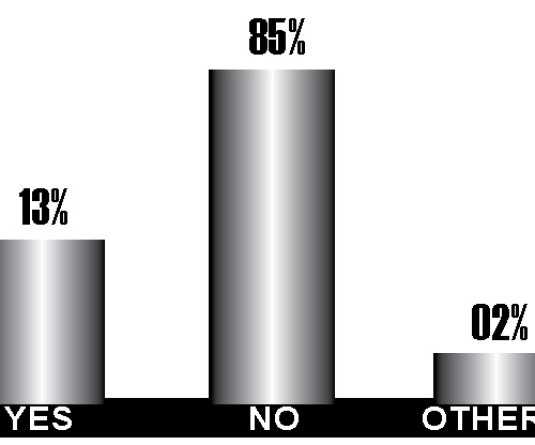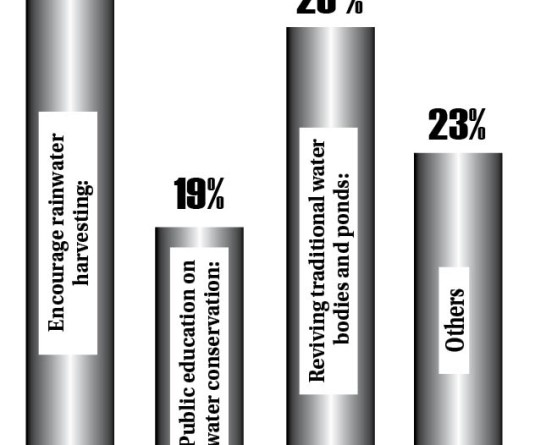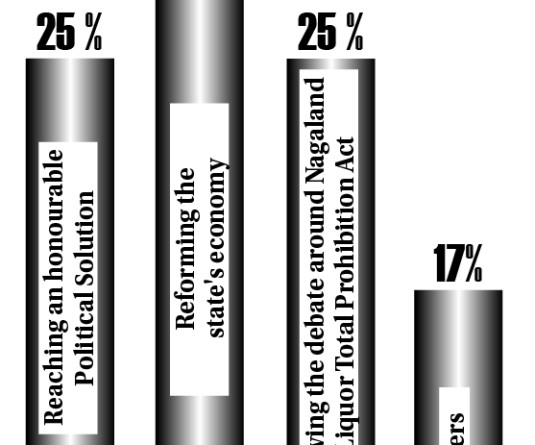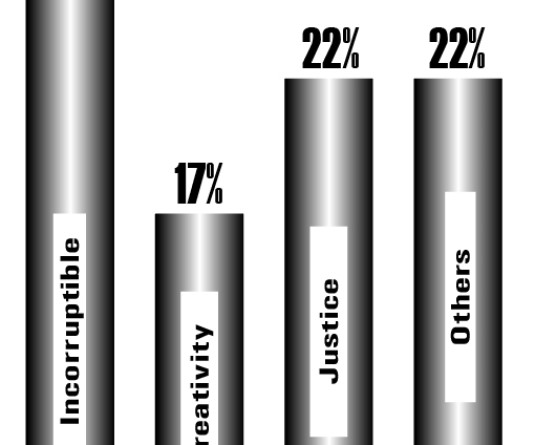
Fear of stigma & victim-blaming:
• The fear of stigma and victim-blaming is a significant challenge in addressing sexual harassment in Nagaland. This fear can prevent victims from reporting incidents, seeking help, or speaking out against their perpetrators. In Nagaland, where traditional values and social norms are deeply ingrained, victims of sexual harassment may face ostracism, shame, and blame from their families and communities.
Fear of Stigma: Victims may fear being labeled as "loose" or “immoral” by their community; they may worry about being shunned or ostracized by their family and friends; the fear of stigma can lead to feelings of shame, guilt, and self-blame.
Victim-Blaming: Victims may be blamed for "provoking" the harassment or "not being careful enough”; They may be asked questions like 11 What were you wearing?” or "Why were you out alone at night?”; Victim-blaming can perpetuate the notion that the victim is responsible for the harassment, rather than the perpetrator.
Consequences: The fear of stigma and victim-blaming can lead to underreporting of sexual harassment incidents; Victims may suffer in silence, leading to long-term physical and emotional trauma; the lack of reporting and support can perpetuate a culture of silence and enable further harassment.
Addressing the Issue: Raising awareness about sexual harassment and its impact on victims; Promoting a culture of respect, empathy, and support for victims; providing safe and confidential reporting mechanisms for victims; Ensuring that perpetrators are held accountable for their actions.
By addressing the fear of stigma and victim-blaming, Nagaland can work towards creating a safer and more supportive environment for victims of sexual harassment.
Weak law enforcement & delayed justice:
• There are statistics showing how most of sexual harassment cases go unreported, which could be due to fear of retaliation or lack of trust in the reporting mechanism. Data have shown that one of the major factors that influence crime rates in any given location is the effectiveness of the law enforcing agencies. Despite various penalties being outlined in the POSH act 2013 and the IPC, some sexual harassment cases are subtle & hence hard to prove, for example intent of the alleged perpetrator. However, shame itself is a strong human emotion, and quick responsiveness, effectiveness and apprehension of the perpetrators, on the part of the law enforcement agencies in such cases can serve as a major deterrent in preventing similar future incidents.g
Others:
• Lack of reliability for injustices being addressed due to those in authority having the same cases against them.
• First option but the second is also the driving force.
• Stigma and lack of justice. Heavy power imbalance and lack of accountability towards men.
• Firstly, the involvement of tribal bodies/village elders instead of the law. which leads to a lot of victim blaming, questions like “what is she wearing”, “who was he or she with” “why was she or he out at night” and wanting to handle it as “Family matter”. Desensitized police forces, maybe there needs to be sensitization drives over for Sexual and Gender-Based Violence and gender based violence. Lack of Special policy/law that are state specific that the government can implement (maybe politicians need to focus on unreported SGBV AND GBV cases). The society looking at “sexual violence” or “domestic violence” as women issue when there should be sensitization for Men, Women and others. Also shaming the victims instead of the perpetrators????!!!. Lack of holding people in power or their families accountable for the same crimes.
• My answer as Pele, Gen Z fighter for justice and healing in Nagaland: Every day, I meet students—girls and boys—who’ve been sexually abused, bullied, broken, and silenced by a system that fails them. They come to me not just for advice, but because they’ve lost all hope. Some want to end their lives. Some have already given up on justice. Why? Because in Nagaland, speaking up about sexual harassment still means being shamed, not supported. Victims are blamed, families stay silent, and institutions—schools, police, even churches—too often sweep it under the rug. But I refuse to stay silent. As a Gen Z fighter, I’m not just talking—I’m acting. I counsel survivors, fight for their healing, and remind them that their voice is power. That their scars are not shame—they are strength. I’ve seen young girls rise from trauma and suicidal thoughts because someone finally believed in them. Because I believed in them. Justice delayed is justice denied. And we can’t wait anymore. I’m calling out the weak law enforcement, the toxic silence, and the fake morality that protect abusers instead of survivors. To every victim reading this: You are not alone. I’m with you. Nagaland’s Gen Z is rising—and we will build a future where no one suffers in silence again.
• A lot of people in our state are not aware about their rights and are not familiar with the laws protecting victims and how to seek justice. We need awareness at a mass level






